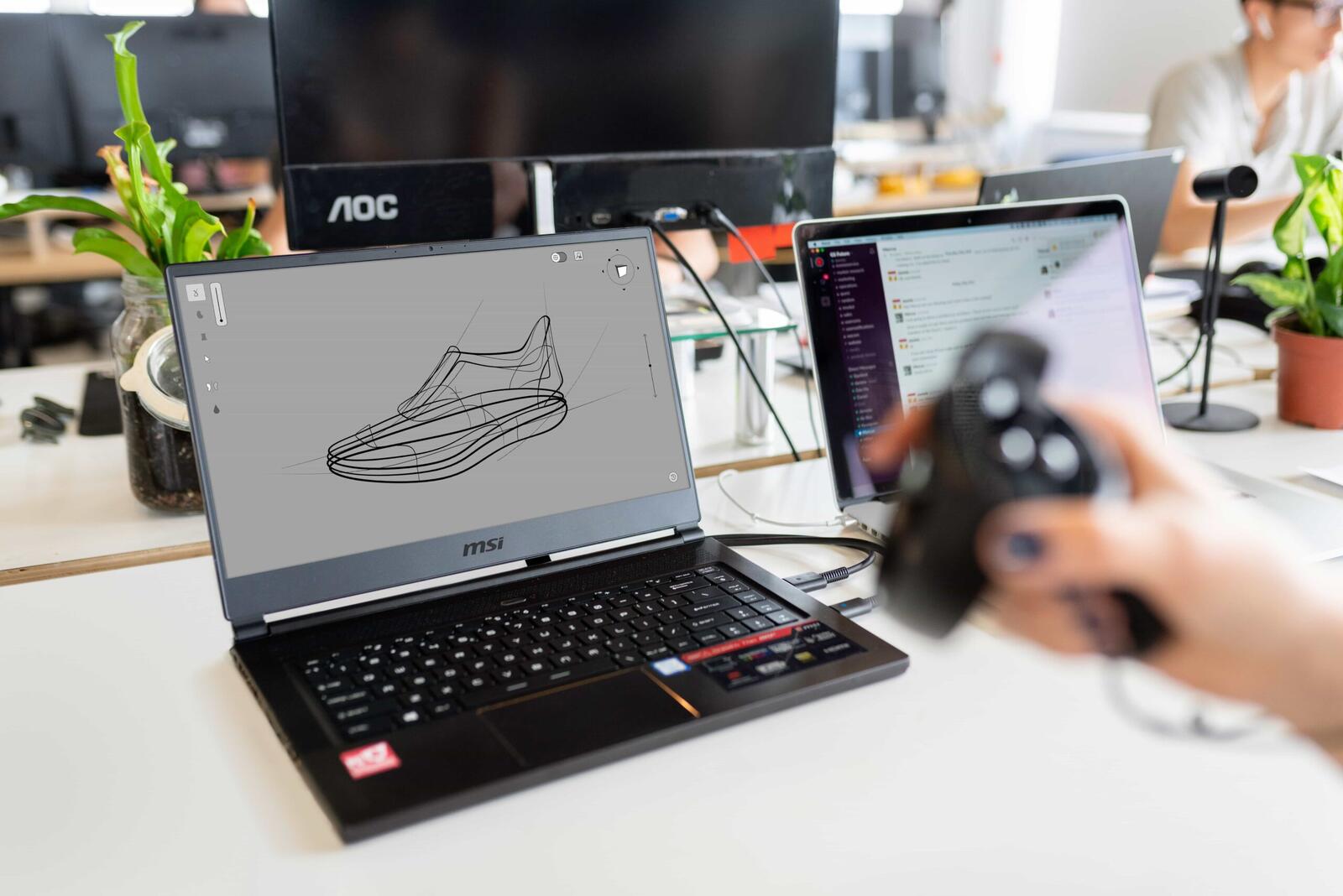OpenAI’s head of AI Product, Olivier Godement, expressed that AI models, including their own, can become more affordable as they continue to improve, Venture Beat reports.
AI’s energy expenditure is one of the main causes for it’s price tag, but now that AI is being commoditised they can become so cheap that anyone can purchase advanced AI models.
This could be great news for startups. In many cases, the ongoing costs for AI model are well below £80 a month and are based off the same models used in companies like Google, Amazon, and Microsoft.
Why Is AI Becoming So Affordable?
Similarly to how computers have become commoditised in the 90’s, AI is currently experiencing that same commoditisation. The competition in the AI landscape is becoming increasingly intense, causing many companies to optimise their operations to reduce their costs.
OpenAI claims that the cost of using the GPT-3.5-turbo model, which is used by ChatGPT, is only $0.002 for 1000 tokens (approximately 750 words), which reduces the cost of using GPT-3.5 by 90%. The “turbo” in the AI model refers to an optimised version of GPT-3.5 with faster response times.
These optimisations include making adjustments to the model’s architecture, such as pruning, quantisation, and refining to reduce the size of the model, algorithm efficiency and GPU at all levels. This helps improve the AI’s performance and accuracy while reducing costs and inference time.
Is AI A Good Investment For Startups?
Artificial intelligence is primarily designed to improve human life. This spills over into business, and the vast availability of AI models caters to many of the needs of startups and established businesses.
More from Tech
- Why Lasting Power of Attorney Must Be Dragged into the Digital Age
- How Does Antivirus Software Impact System Performance?
- How Does Air Traffic Control Technology Work?
- What Role Does Broadband Play In Bridging The Digital Divide?
- How Can Telemedicine Startups Support Healthcare Delivery In Disaster-Affected Areas?
- Digital Capability Exchange UK Launches To Offer Open Access To Tech Talent
- What Is Facial Recognition Technology and How Does It Work?
- What Is Age Verification Tech, And What Does It Look Like In 2025?
AI may be able to streamline operations to the extent that it may even be cheaper to utilise AI than run additional labour costs. The uses of AI in business runs far and wide – from content creation, customer support, cybersecurity, and lead generation and e-learning to streamlining payroll, data analysis, PR, agriculture and logistics, AI has many uses in the workplace.
Essentially, there AI can help startups with automation, creative and analytical challenges, and as the price tags of this technology continues to plummet, more opportunity arises for startups and SME’s, making AI a worthwhile investment.
How Can Startups Integrate AI?
AI models come in two main packages: ready-to-launch tools and custom-trained models. Both have their advantages and disadvantages, but the model companies opt for depends on their specific needs.
Ready-to-Launch AI Tools
Ready-to-Launch AI Tools or pre-built applications designed to fulfil a specific purpose, and is immediately ready for use.
Ready-to-launch tools are great for businesses that don’t have the time or resources to build their own models. They may lack customisation options and may not cater to highly specific needs, but their performance is adequate for more simple uses.
Typically, these models are used for tasks such as email marketing, building websites and creating landing pages.
Custom-Trained AI Models
Custom-trained AI models are designed to be trained on specific datasets to perform specific tasks.
These models require technical knowledge to be built and used correctly, but they can cater to more specific needs and perform highly complex tasks.
Typically, these models are used for tasks such as filtering spam messages, recommending products and analysing user behaviour and detecting fraud.
To conclude, AI models are becoming increasingly more affordable as the tech becomes commoditised and optimised, allowing startups to acquire this software more easily. There are two main types of AI models, ready-to-launch tools and custom-trained models, and businesses must choose the option that best suits their needs.



